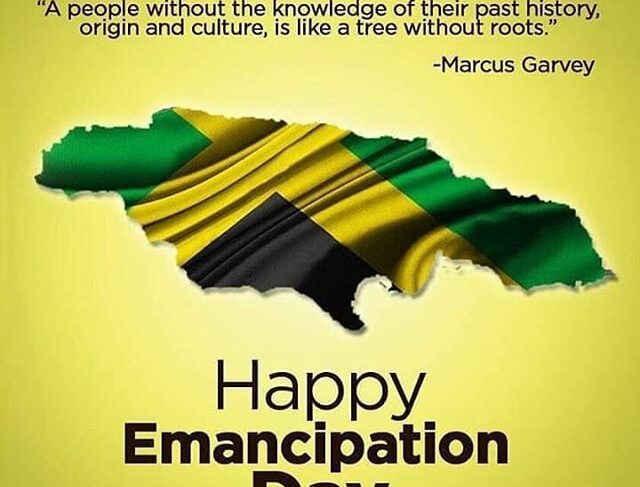
Following on my last article, the time has come to address several things related to good governance that should be attended to in the Parliament. Some of these have been related to matters purportedly postponed because they required Constitutional Reform via Referendum. Neither Party has been bold enough to say what requires this process, but have been quick to invoke the Referendum “bogeyman” in lieu of taking normal legislative action.
So legal processes are put in abeyance, and lawyers contest rulings right up to the Privy Council. If they win they pride themselves on their brilliance in pleading the law before people wearing powdered wigs (a practice started when a balding head was synonymous with contracting syphilis). So we continue to want the trappings of a colonial sham while at the same time murmuring about wanting Reparations.
We have a renewed call for the removal of the Queen as Head of State after Barbados (most recently) has taken action years after Trinidad and Tobago, and Guyana had done that. To do so needs a defined process. This brings up the choices of whether to have a ceremonial Head of State (appointed by who); or an elected person with yet undetermined powers and no part in the governance landscape; or a fully executive President who supersedes the current PM.
The removal of the Queen seems to require the introduction of a Bill to do so; an intervening three months to elapse before the debate of the Bill; passing of the Bill not less than two months or greater than six months after the conclusion of the debate by both Houses; a two thirds majority; then a Referendum.
Thereafter would we need a Head of State or will the Prime Minister become the President?
Therein originates the reticence to proceed as two of the options present a fair chance for a non-aligned candidate to overcome the candidates of the two political parties and thwart their plans to continue their duopoly. Consider: Sir Alexander Bustamante as PM; N.W. Manley as Leader of the Opposition; and Marcus Garvey as Elected Executive President. The late, and much revered Toots Hibbert could indeed sing “what a bam bam”.
Fixed election dates considerations require a two thirds majority vote in the Houses, and also a Referendum. The disqualification of members of the HOR seems to only require a simple majority vote.
In doing so the question of the Appeal to the Privy Council will go, and we will have to decide whether to utilize our Supreme Court or the Caribbean Court of Justice (CCJ). This would speed up the current delays as the CCJ can sit in any of the countries under its jurisdiction, and already does so in varied legal instances.
Thorough reviews of other unresolved matters that are still outstanding include the Buggery Act (that requires a Parliamentary majority or simple repeal of the Act that exists now). This is one that has been “ kicked around like a proverbial football” because of a fear of the political backlash of perceived homophobia even after being forced by overlords to sign international Human Rights Declarations and agreements that require these changes. If we don’t want to accept that these agreements pose a subliminal threat to the withdrawal of loan funds, then tell them to kiss off and be prepared to stop begging money.
Then there is the debate on the pro and against Abortion/Right to life which again brings morality and religion into the debate. This has been a strong debate/confrontation between the churches (morality/doctrine) and Women’s Right Activist Groups (control of a woman over her body) that needs resolution.
There are many issues that I have omitted. I recommend that a comprehensive list be prepared with a clear indication of the governance requirements for change, and a clear definition of the differences between the remedies of Referendum; Parliamentary simple majority; Parliamentary two thirds majority; simple abolition, amendment, or new legislation.
September 30 2020 marked two important events. First the GraceKennedy Foundation Annual Lecture: “The Decade for action begins: The Sustainable Development Goals (SGD’s)-Leaving no one behind”. Secondly The Mona School of Business and Management presented a Public Forum entitled: “Cruise Shipping and Tours in the Caribbean: Pivoting for Success and Sustainability”. These two events show a willingness of the Private Sector and Academia to participate and offer ideas that can help our sustainable recovery.
This is what citizenship is about and there is no need for a Referendum on that. We just need over two thirds to exercise their voting rights.



